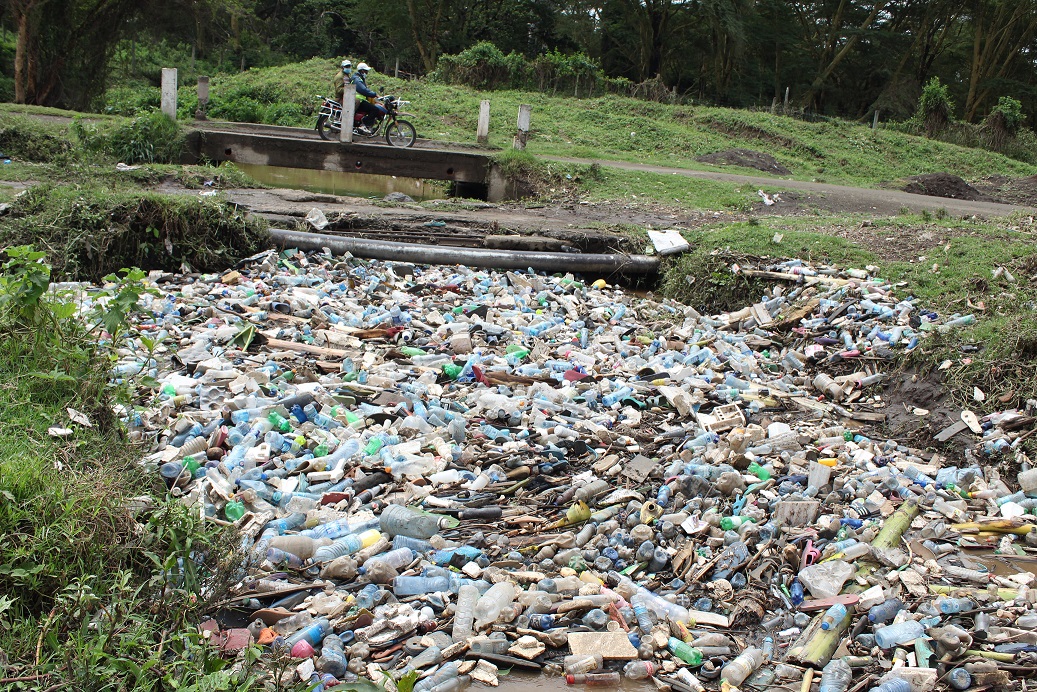
By Christine Ochogo I christawine@gmail.com
The government has been asked to work with the media to help craft messages on how to end the menace of plastic pollution in Kenya, through a comprehensive approach.
According to the experts who addressed a media workshop last Thursday in Nairobi, slaying the plastic problem can only be achieved if the full life cycle of plastics is addressed.
Speaking at the workshop organised by the Media for Environment Science Health and Agriculture (MESHA), Mr Griffins Ochieng’, Chief Executive Officer at the Centre for Environment Justice and Development (CEJAD) said that there was need for greater public participation and engagement by members of the public in the plastics treaty negotiations, noting that the media is key in helping the masses to understand the full impact of plastics pollution.
He added that discussions need to focus more on the health aspects they cause.
Ochieng’ added that media in Kenya needs to follow the actions of a working group formed last week to end the problem which aligns with the intergovernmental negotiating committee to develop a legally binding instrument on plastic pollution.
The one day meeting aimed at informing the media on the goal to end plastic pollution in Kenya, with a focus on the comprehensive approach that address the full life cycle of plastic.
The training which was attended by 20 journalists, who are members of MESHA, came ahead of the second meeting of the Intergovernmental Negotiating Committee on Plastic Pollution (INC-2) being held in Paris, France as from May 29 to June 2, 2023 as the world gears up to welcome the World Environment Day on June 5.
In his remarks during the opening plenary of the INC-2, Inger Andersen, UNEP Executive Director, said plastic pollution is a global problem and it can alter habitats and natural processes directly affecting millions of people’s livelihoods, food production capabilities and social well-being.
“Huge amounts of plastic have accumulated in the environment. Some plastics will continue to fail the circularity test over the next 20 years. A coordinated effort to stop pollution at source, while investing in waste management, clean-up and consumption patterns, can help address this toxic trail,” said Andersen.
In March 2022, the 5th Session of the United Nations Environment Assembly adopted a resolution to develop a legally binding instrument on plastic pollution. The resolution called for the instrument to be based on a comprehensive approach that addresses the full life cycle of plastic.
The resolution established an Intergovernmental negotiating committee to develop the legally binding instrument with the aim to complete negotiations by end of 2024.
“You have a 2024 deadline to deliver a meaningful deal. Each year of delay means an open tap and more plastic pollution. We will not recycle our way out of the plastic pollution crisis: we need a systemic transformation to achieve the transition to a circular economy,” added Andersen.

Leave A Comment